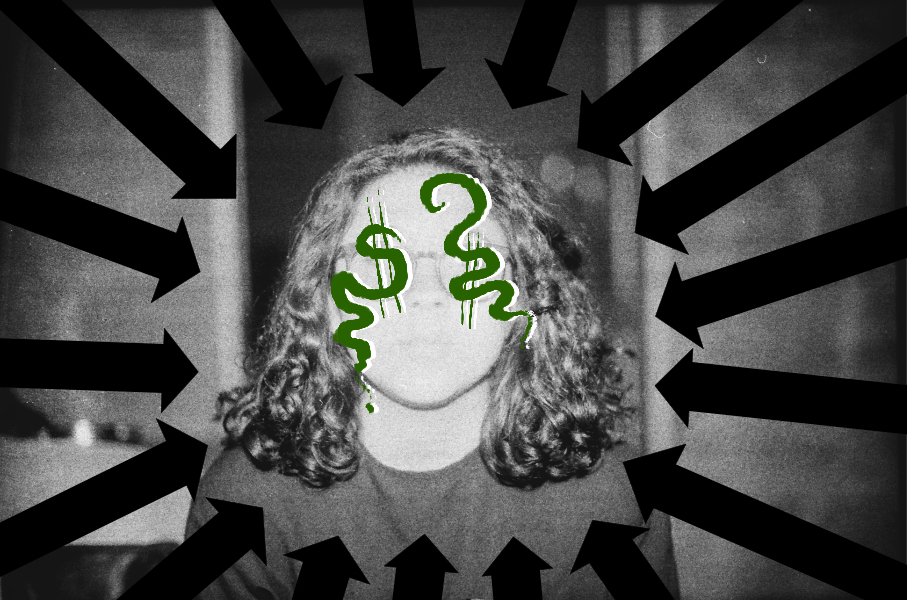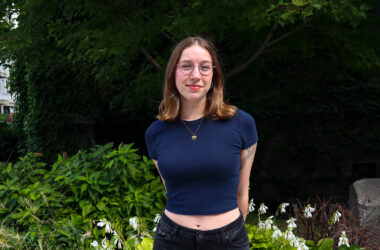Capitalism has sunk its teeth deep into the ambiguous concept of ‘self-care.’ Many students have become accustomed to citing self-care to justify money wasted on frivolous purchases. What’s more, the western world’s ethos of perpetual, hyper-speed productivity has led to the ballooning of self-importance at the expense of others’ wellbeing. It’s time to reimagine self-care as a concept distanced from the ultimately unachievable consumerist distortion of the perfect fitter-happier-more-productive lifestyle.
It wasn’t always this way, though. Kindled by Audre Lorde’s writings and essays, Black feminist circles in the 1980s began to conceptualize self-care not as self-indulgence, but as an act of survival and “political warfare.” To Lorde, self-care was a necessary survival mechanism for Black women and other actively marginalized people to navigate a racist, sexist, hostile world. The concept of self-care that mainstream culture knows today is the result of white, corporate feminism jamming the term through the wellness-industrial complex grinder. Appropriated, commodified, and diluted, improving physical appearances has become a basic tenet of self-care.
Dangling low-hanging fruit like aloe facemasks, powder-dusted pastries, and overpriced jade rollers, the commercial self-care market tempts vulnerable, stressed people with quick-relief band aid solutions. It doesn’t help that social media giants climb into bed with capitalism at night either; I don’t go anywhere without being bombarded by hundreds of products that promise to satisfy everything that my fragile ego so badly craves. My attempts to buy myself out of the cesspool of my imaginary needs are in vain.
Audre Lorde’s essay, “Master’s tools will never dismantle the master’s house,” serves as an important reminder. The self-care industry is two-faced: At one moment, companies injure and bruise insecurities, and a second later, turn around and offer a remedy. Of course, treating oneself in moderation is a healthy practice. But the true practice of self-care involves so much more than the single-use, impulsive reflex of self-indulgence it has become.
The self-care dilemma, however, goes beyond its rampant commercialization and borderline unethical self-doubt profiteering. The neoliberal emphasis on self-preservation and self-optimization has ingrained itself into the fabric of society and dug its heels into students’ collective consciousness, too. The constantly stressed yet overly competitive student archetype is a paradigm of this mindset. The cultural rewiring required of us will be difficult, and likely guilt-inducing. It’s no easy task to unlearn such a deep-seated mindset, especially as a student immersed in a competitive bureaucratic institution like McGill.
The pandemic moment calls for a reimagined practice of self-care—one that is more distanced from manufactured consumer holidays and machine-like efficiency, and instead focuses on communal care and comprehensive well-being.
I’m still working to untangle the capitalist, ultra-efficient attitude that is ingrained in me. Speeding in as a keen U0 student last year, my utmost concern was acing all my classes, marking up every single reading, policing every minute of my time, and constantly striving to be productive. I would turn down social events in favour of toiling away under McLennan’s awful fluorescent lights. I took arty, semi-pretentious pride in being sleep deprived many nights of the week. Thankfully, a lot has changed since then.
Last week, coming in and out of focus from a dense reading, I closed my laptop, reclined on a grassy hill, and napped in Jeanne-Mance. The sun rays pooled on my skin, and I shuffled my latest playlist. All the while, I fought with my internalized instinct to keep working, or at least finish the reading before I gave in. Working through thoughts ricocheting around my brain, I began the arduous process of decoupling shame and guilt from break and leisure time. Lying in the sun for a brief moment on a lonely Tuesday was the most valuable thing I did all week.










